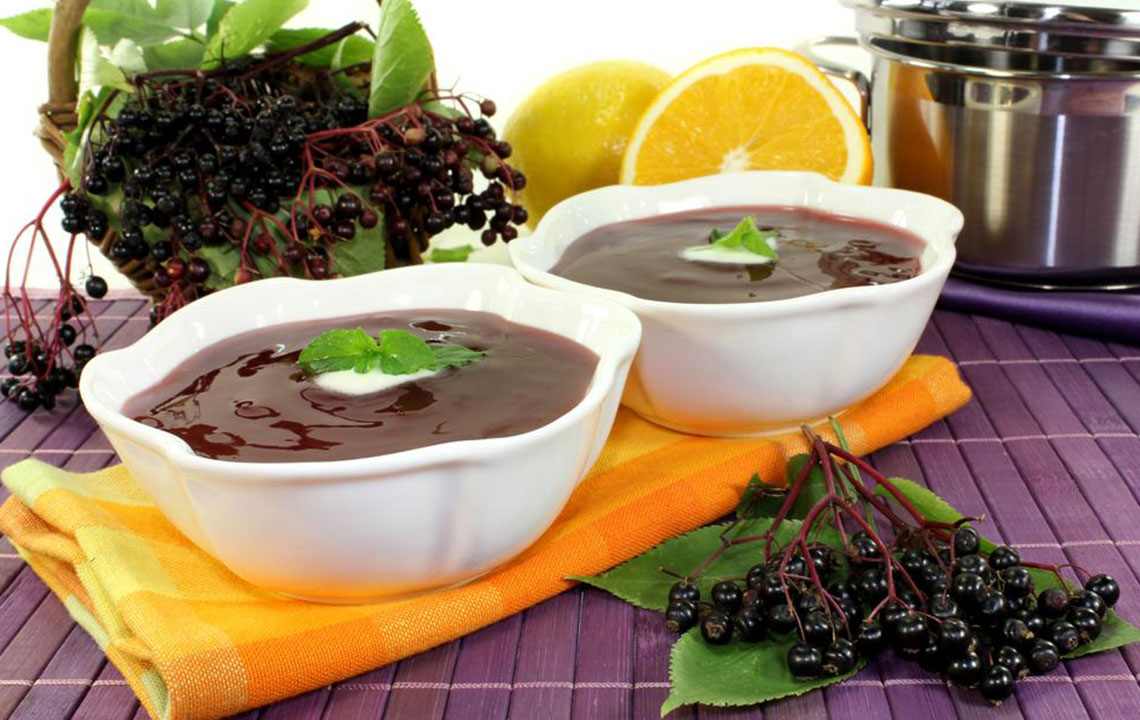Natural Remedies and Lifestyle Tips to Soothe Heartburn Effectively
Discover effective natural methods and lifestyle changes to relieve heartburn. Learn about triggers, quick remedies, and when to consult a doctor for persistent symptoms. Improve your digestion comfortably and safely with these practical tips.

Simple Approaches to Easing Heartburn Symptoms
Frequent heartburn after consuming rich, spicy, or fatty meals is a common concern. Overindulgence in greasy or acidic foods can cause a burning feeling in the chest and upper stomach. This discomfort arises when stomach acid irritates the esophagus due to reflux.
Understanding Heartburn Triggers
Heartburn occurs when the lower esophageal sphincter relaxes inappropriately, allowing acid to escape into the esophagus. Foods like spicy dishes, fried foods, and citrus fruits often trigger this reflux.
Individuals at Higher Risk
Consuming high-fat, spicy, or processed foods increases vulnerability. Conditions such as GERD or IBS can also lead to more frequent or intense episodes.
Factors like poor digestion or irregular eating habits can raise stomach acidity, causing acid to back up into the esophagus. Ongoing heartburn may be linked to underlying problems such as reflux disorders, which hinder normal stomach function.
Strategies for Managing Heartburn
Making healthy lifestyle choices is essential to prevent and alleviate heartburn. Consider these tips:
Identify and Limit Trigger Foods: Reduce intake of caffeine, citrus, chocolate, soda, alcohol, fried, and spicy foods that worsen symptoms.
Stick to Consistent Meal Times: Eating regularly avoids excessive acid buildup and reduces reflux triggered by hunger.
Eat Smaller, More Frequent Meals: Distribute daily food intake into smaller portions every couple of hours to improve digestion and lower acid overload.
Choose Light Dinners and Take Post-Meal Walks: Opt for early, light dinners and walk after meals to aid digestion; avoid lying down immediately afterward.
Maintain Regular Physical Activity: Exercise supports digestion and helps control weight, reducing reflux chances.
Manage Body Weight: Shedding excess weight decreases pressure on the stomach and esophagus, lessening reflux frequency.
Wear Loose Clothing & Elevate Your Head: Looser attire during meals and elevating your upper body during rest prevent acid from rising into the esophagus.
Immediate Relief Solutions
Baking Soda Drink: A mix of baking soda and water can quickly neutralize stomach acid.
Milk of Magnesia: An antacid that helps lower acid levels.
Over-the-Counter Antacids: Products like Tums or Rolaids provide rapid symptom relief by neutralizing acid.
H2 Blockers (e.g., Ranitidine, Zantac): Reduce acid production but may have side effects like nausea or interactions.
Proton Pump Inhibitors: Medications such as Omeprazole help block acid secretion; these require medical guidance.
Prokinetics: Speed up stomach emptying, typically prescribed by a healthcare provider for severe cases.
Seek Medical Advice When Necessary
If heartburn occurs frequently or severely, see a healthcare professional. Persistent symptoms can cause esophageal damage or signal GERD, leading to issues like breathing problems, dental erosion, nausea, sore throat, or vomiting. Diagnostic tests like endoscopy or biopsies might be required for proper evaluation.
Note:
This article offers general information. For ongoing or severe symptoms, consult a medical expert. It is not a substitute for personalized diagnosis or treatment. Always seek professional advice for your health concerns.


